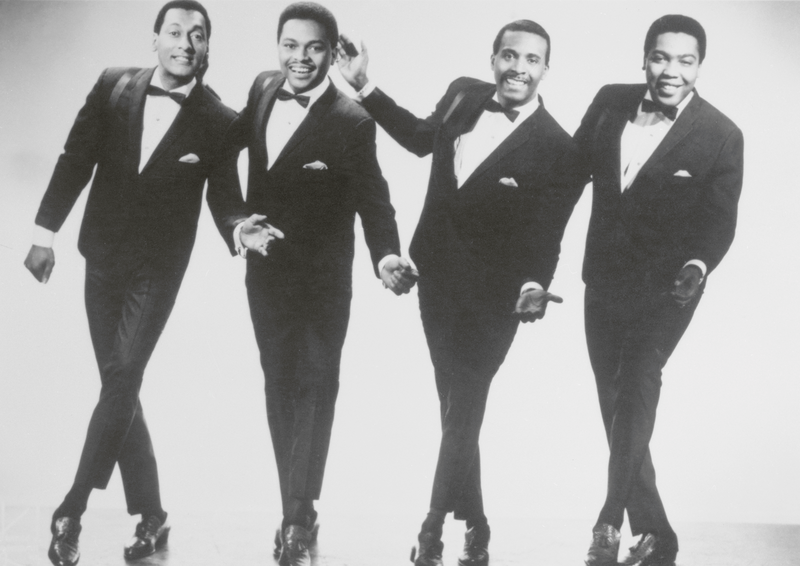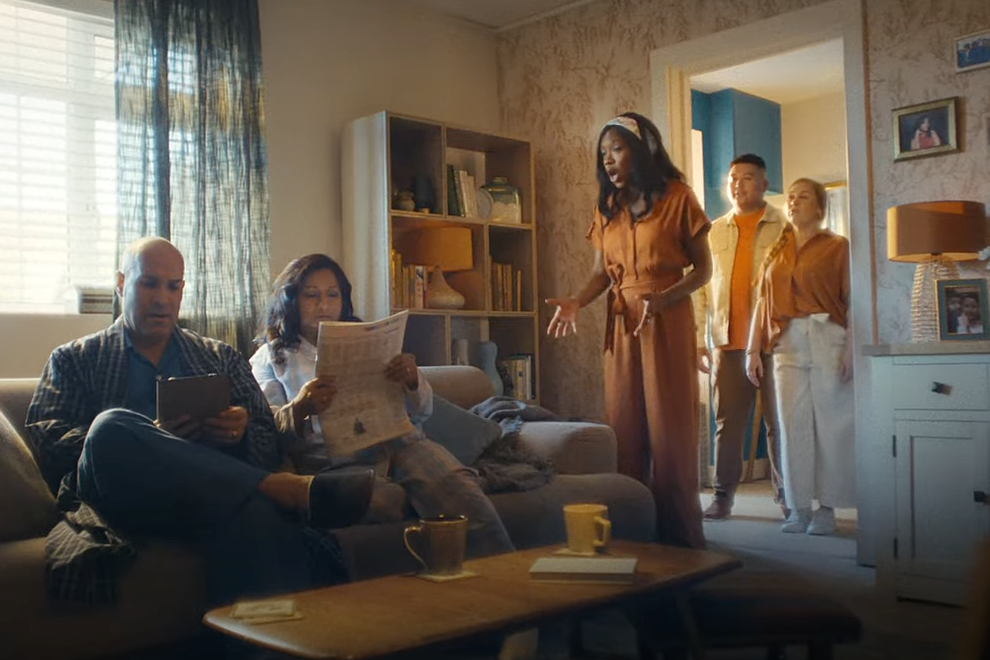A new TV advertising campaign launched by banking and insurance body UK Finance aims to encourage people struggling with their mortgage payments to contact the organization for help. It also catches the eye by attempting to deploy one of modern corporate-speak’s most irritating phrases in an acceptable manner by channeling the Four Tops.
Reach Out is the title of the campaign, and it features worried homeowners being visited by a singer who delivers a version of the Four Tops’ classic 1966 hit Reach Out (I’ll Be There) – but with mortgage lenders, not the loved one featured in the original, as the “I” who will be “there”.
The campaign aims to encourage people to contact their mortgage lender early if they are worried about making payments. In 2022, lenders helped over 200,000 borrowers who couldn’t make their mortgage payments, and over two million people who had run into financial difficulty of other kinds.
Get on board
David Postings, Chief Executive of UK Finance, said: “We have launched this campaign with our members to make sure that anyone struggling with their mortgage payments knows that help is available. Lenders are ready to provide support even if a customer’s payments are up to date.”
The campaign launched in July, and the TV advert began to hit screens in September.
It’s a bold move, as the phrase “reach out” provokes strong emotions. When Susie Dent, a lexicographer, etymologist and media personality who appears regularly on UK TV show Countdown, asked her million-plus social media followers to list the words and phrases they would most like to see banned, reach out was number five.
The Daily Telegraph called it “the most irritating phrase ever” and, famously, reach out was one of the initial pieces of business-speak deployed in The New Yorker’s 2017 satirical love story between business managers called A Deep Dive To Remember (sample passage, “Jared did not facilitate a response immediately, and, as she waited, Sara began to wonder whether she’d dropped the ball on this entirely. Should she have added value first, with small talk?”).
Jump the shark
Writing in the New Statesman earlier this year, sub-editor Peter Williams broke down why the phrase causes such irritation. He said it was redundant (“the reach-outer is telling you, the reach-outee, that they are reaching out to you”), and self-congratulatory (“they didn’t just reach out, they ‘wanted’ to, as if summoning up the desire were an act of noteworthy largesse”).
In the same year as the New Yorker’s satire appeared, the Australian Financial Review carried a piece analysing why the phrase provokes such strong responses, noting that Google’s NGram Viewer search engine shows we use the phrase two and a half times more often than we did in 1970. The article quotes magazine editor Tim de Lisle saying: “It’s an expression that people reach for without believing in it or liking it.”

The UK Finance campaign is not the first time the Four Tops hit has been used in an advert. In 1979, AT&T co-opted the expression to promote long-distance calls.
Despite the opprobrium reach out attracts it appears that, going forward, it is here to stay. The UK Finance campaign at least, if only partly, embraces the golden rule – set in GRIP’s own style guide – that reach out should only be used in connection with the Four Tops. We will content ourselves by staying in contact.













